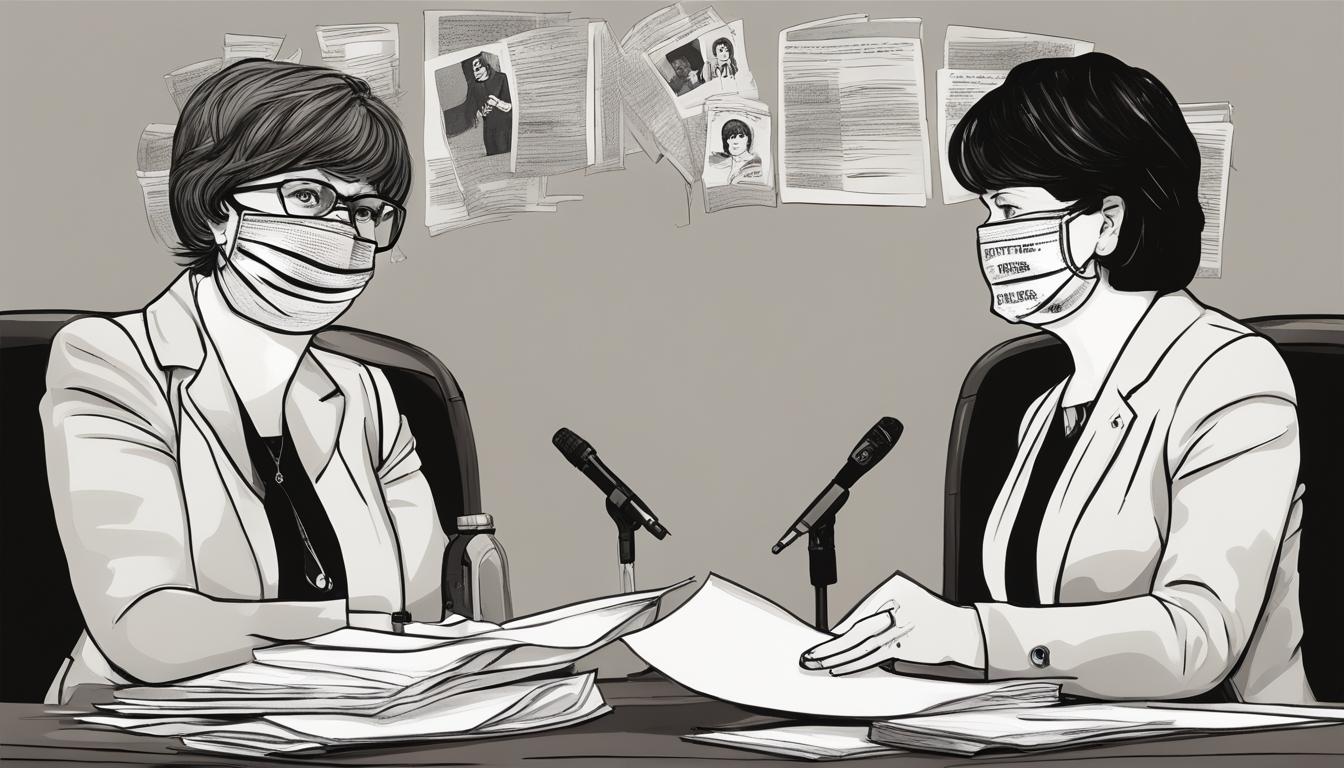Handwritten notes from a contentious Stormont executive meeting have surfaced during the UK Covid-19 Inquiry, highlighting governance challenges during the pandemic and sparking debates on transparency and accountability in political processes.
Handwritten notes from a pivotal Stormont executive meeting on July 2, 2020, have been submitted to the UK Covid-19 Inquiry. This meeting followed the widely scrutinized funeral of senior republican Bobby Storey and highlighted tensions between then-first minister Arlene Foster and deputy first minister Michelle O’Neill. The notes, which were earlier believed missing, were located by The Executive Office after multiple requests and only presented post the opening statements of the inquiry. Concerns about the handling of these documents were expressed by the chairwoman of the inquiry, Baroness Heather Hallett, suggesting further investigation may be necessary.
The three-week inquiry session in Belfast, part of a wider UK examination of pandemic-related decision-making, also addressed issues beyond the lost notes. Testimonies highlighted challenges like deleted communications and missing government devices. Further, debates on emergency response times and public health measures specific to Northern Ireland were addressed, reflecting on the governance complexities during the pandemic.
Simultaneously, MPs in the UK have advocated for changes to lobbying transparency laws, driven by incidents involving former Prime Minister David Cameron lobbying via WhatsApp for financier Lex Greensill. Revelations about these communications, particularly post Greensill Capital’s collapse, have prompted calls for stricter regulations. Proposed measures include applying traditional disclosure standards to digital communications and potential restrictions on the use of platforms like WhatsApp for official interactions. The emphasis is on enhancing public knowledge about lobbyist-government engagements and maintaining democratic integrity.
Both situations reflect ongoing concerns and efforts regarding governance, transparency, and accountability within the UK’s political landscape amid and following the Covid-19 crisis.













